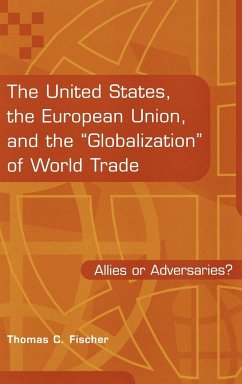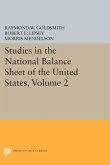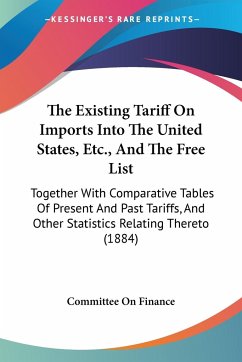Professor Fischer presents a comprehensive overview of global trade at the start of a new century, from a national, regional, and international viewpoint. He looks closely at the four dominant and competing economic systems-the United States, the European Union, Japan, and China-and argues that the traditional we-win/you-lose national trade paradigm has been replaced by one that is more collaborative, one that is leaning toward de facto world governance. He compares foreigners' attitudes toward trade and markets with our own, using four economic models that typify world trade today. He examines the interface between national, regional, and international trading systems and between business and government, then at the prospect of global trade management in different trade sectors under the GATT/WTO and other organizations. The result is a provocative discussion of global trade today. Professor Fischer makes it clear that the United States needs allies. Though its influence in the world trade arena will continue, America's hegemony has ended. The European Union is America's most obvious ally, but it has many problems and ambitions of its own. The North American Free Trade Agreement has solidified the North American market but it may isolate and lose South America, while Japan, China, Russia, and others are left to develop alliances of their own. All these factors raise important global questions, among them: Can American capitalism prevail? Should the United States proceed unilaterally, as it has so often? Or are regional and multinational arrangements preferable? If there is further globalization, as seems inevitable, and if American influence is on the wane, what group or organization will lead? To explore these questions and provide the beginnings of answers, Professor Fischer uses his four competing economic systems and handicaps the process country by country, sector by sector, with particular attention to transatlantic relations.
Hinweis: Dieser Artikel kann nur an eine deutsche Lieferadresse ausgeliefert werden.
Hinweis: Dieser Artikel kann nur an eine deutsche Lieferadresse ausgeliefert werden.








